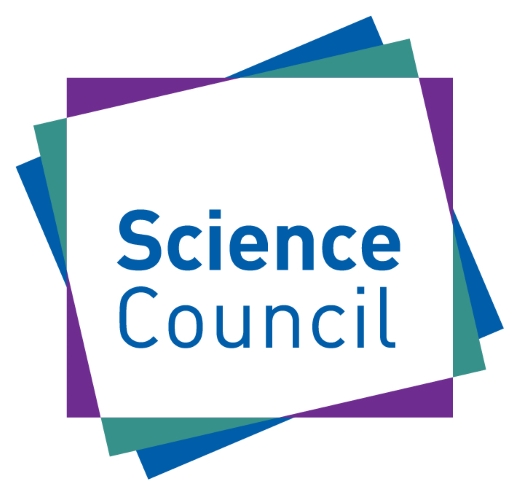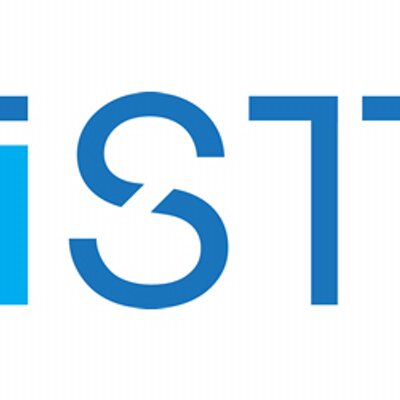Professional Registration: my reason for becoming registered
Sue Marcus, a Research Technician from FBS, tells us all about why she became professionally registered and how she ended up being nominated for an award.
I decided that I would like to apply for professional registration after a talk in our faculty from another technician who had achieved professional registration in 2013. Although I already have a degree in a science subject, I thought that it would be good to have something that recognised my talents and expertise as a technician. It took me until January 2014 to actually submit my application.
As my technical managers were members of UBMA- University Bioscience Managers Association already, they told me that UBMA was willing to sponsor the first year of membership of a professional organisation and the cost of professional registration. I sent my CV and a covering letter from my line manager to them and they were very happy to sponsor me.
My Faculty will pay for one year of membership of an awarding body and professional registration but after that you have to pay for your own membership.
The competencies form was quite detailed to fill in and probably took me about a full day in terms of time. This had to be verified by my line managers and I had to send copies of my formal qualifications too although these are not necessarily required for registration-experience is just as important. It took me about 4 weeks to get a reply and I had to send more information before I was awarded the grade of Registered Scientist, RSci.
An important part of being professionally registered is to ensure that you keep on with your own Professional and Personal Development (PPD) and you have to send off a personal development plan each year to show that you have undertaken some training and development activities. You need to show your commitment to personal and professional development. This can be in five different categories including voluntary work and self-directed learning.
In 2015, I was asked by the Science Council if I would like to become a Professional Registration Assessor and I agreed to do this. This meant going for a day’s training by the Science Council. On average, I get sent one application every 2 months to assess. This is a voluntary role which I carry out. I am also happy to help other technicians in my Faculty with their applications.
 This year I received an email from the Institute of Science and Technology (IST), the professional body that I am registered with, to let me know that the Science Council has started an award scheme for the best continuous personal development submissions.
This year I received an email from the Institute of Science and Technology (IST), the professional body that I am registered with, to let me know that the Science Council has started an award scheme for the best continuous personal development submissions.

The award is designed to celebrate the efforts and achievements of Science Council registrants and to offer them recognition for their broad and diverse range of professional activities. Each licensed body was invited to nominate up to two registrants from each register at each grade, and the judging panel then awarded a winner from each register, and one highly commended nominee. My PPD submission was put forward by the IST but unfortunately I wasn’t chosen as a winner but I was pleased to have been considered-maybe next year!
On a personal level, I think that having to make a detailed assessment of your competencies makes you think about where your career is heading, and if there are any training needs or opportunities that you feel would benefit your own skills. Having to write a professional and personal development plan each year also makes you think about what you have achieved in the last 12 months. I also think that professional registration raises the profile of the technical workforce which is something that technical staff have been wanting for many years.
Written by Sue Marcus
Posted in: Technicians' network